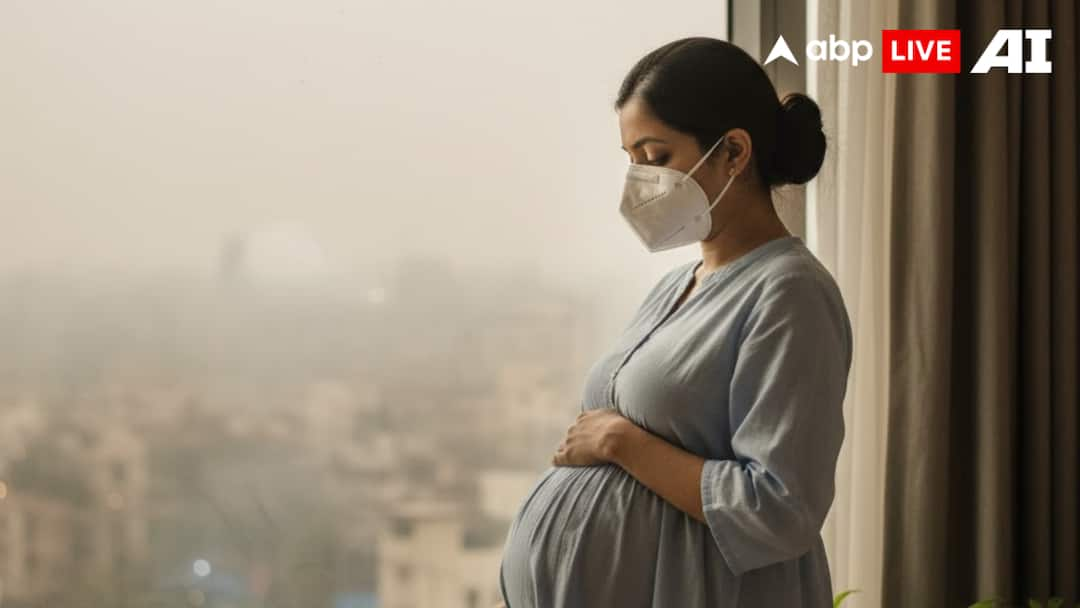As Delhi’s pollution levels surge past an AQI of 400, the hazardous winter smog once again poses a serious health threat, especially for pregnant women. With the city enveloped in a thick blanket of toxic air, experts warn that prolonged exposure can harm both the mother and her unborn child. Here’s how severe pollution impacts pregnancy and what expecting mothers must avoid during extreme AQI days.
ALSO READ: 6 Major Causes Of Preterm Birth And How To Prevent Them
How Toxic Air Affects Pregnant Women And Their Unborn Baby
Every winter, hospitals report a sharp rise in cases of cough, breathlessness, asthma flare-ups and respiratory distress. But beyond the visible impact, pollution silently affects babies still in the womb. Studies indicate that prolonged exposure to harmful particles in the air may increase the chances of pre-term birth, low birth weight and in severe situations, miscarriage or stillbirth.
Pollutants can travel through the bloodstream, reaching the placenta and affecting fetal growth and development. Babies exposed to toxic air during pregnancy may also have a higher risk of developing asthma later in childhood. For mothers, polluted air can trigger high blood pressure, breathlessness, or asthma attacks, conditions that directly influence fetal health and overall pregnancy outcomes.
Precautions Pregnant Women Must Follow When AQI Is Above 400
With pollution at severe levels, expecting mothers need to be extra cautious. Here are essential steps to reduce exposure and safeguard maternal and fetal health:
- Stay Indoors During Peak Smog Hours: The most important rule is to remain at home as much as possible. Pregnant women are more vulnerable to pollution-related complications, making it crucial to avoid stepping out when air quality is at its worst.
- Drink Plenty Of Water To Stay Hydrated: Adequate hydration helps the body flush out toxins and eases irritation caused by dry, polluted air. Water also supports healthy body functions, benefiting both mother and baby.
- Wear A Good-Quality Mask When Outside: If stepping outdoors is unavoidable, an N95 or medical-grade mask can filter out a large portion of harmful particles. This simple barrier can significantly reduce exposure.
- Keep Indoor Air Clean And Safe:Create a protected environment inside your home. Use indoor plants, run air purifiers, and keep windows shut during poor AQI hours to limit polluted air from entering.
[Disclaimer: The information provided in the article is intended for general informational purposes only. It is not a substitute for professional medical advice, diagnosis, or treatment. Always seek the advice of your physician or other qualified healthcare provider with any questions you may have regarding a medical condition.]
Check out below Health Tools-
Calculate The Age Through Age Calculator



